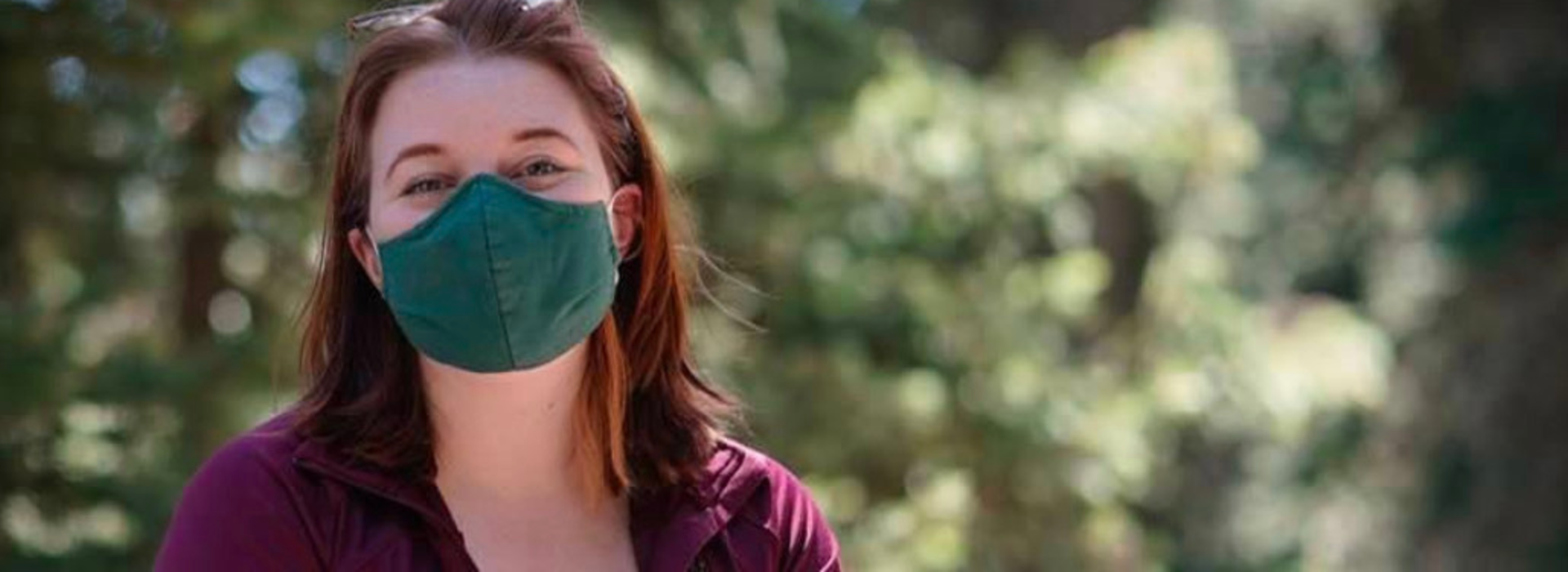
Medical Student Profile: Elizabeth Babkin
Growing up, Elizabeth Babkin never imagined herself becoming a doctor. But, shortly after starting her studies at the University of Minnesota, Babkin’s career in medicine was jump-started.
When Babkin initially began her undergraduate career at the U of M, she was set on becoming an english major; but that quickly changed after an information session about mental health and available resources on campus.
“I come from a family where we just don’t culturally talk about mental health. And, it really wasn't talked about in school so I went from this very low confidence, struggling point in my life to going to college for them to say, ‘This is what anxiety is; this is what bipolar disorder is; here are services.’ For me, that’s been really integral to how I got involved in medicine,” she said. “Because as I started to understand myself more, I got the personal clarity I needed. And, that got me thinking about how I really love the brain. So, I started studying neuroscience and psychology.”
But, then, she got sick.
“It was the kind of sickness where you think you could die at any moment and no one really knows what’s going on,” she recalled. Babkin remembers her frustration when doctors chalked her medical mystery up to “college anxiety or, worse yet, my period.”
But there was one doctor who helped her through it. A U of M Medical School faculty member was the first to recognize Babkin’s medical crisis as a debilitating issue, making her “feel seen.” It was then that Babkin knew she wanted to be a doctor—she wanted to make sure suffering patients didn’t feel the way she had, she wanted to make sure patients knew their feelings were valid, she wanted to help others.
Now, Babkin has founded the Minnesota Teen Mental Health Directory for in-state teens in need of mental health resources and is looking to dedicate her career in medicine to fixing the system. And, it all starts at the Medical School. “I’m not originally from Minnesota, but there is a reason I chose to stay. There’s a community here and an approach to community health that I couldn’t find anywhere else—or at any of the other schools I applied to,” she continued. “I feel like this is exactly where I need to be to make a change.”